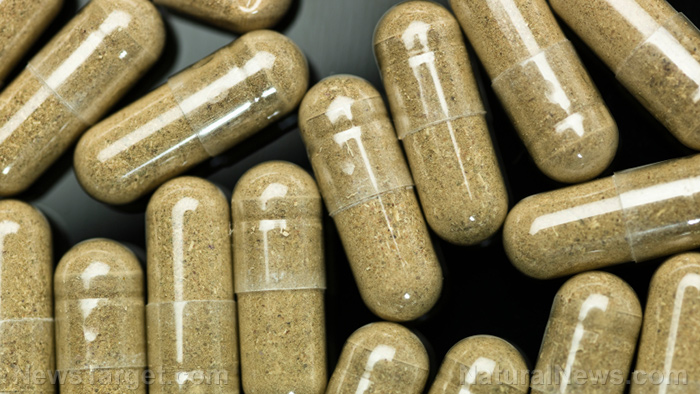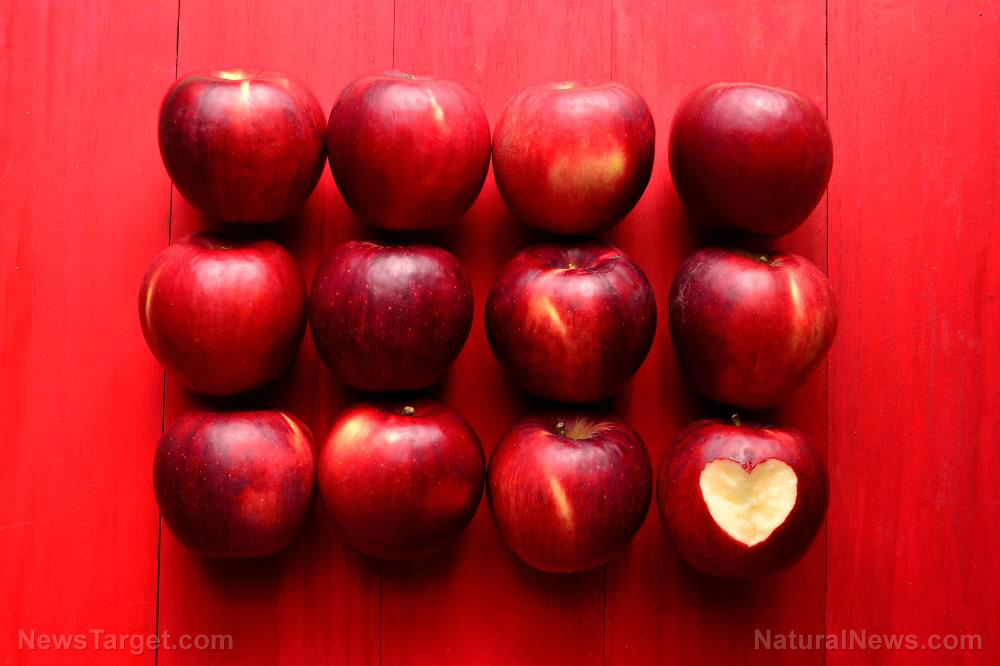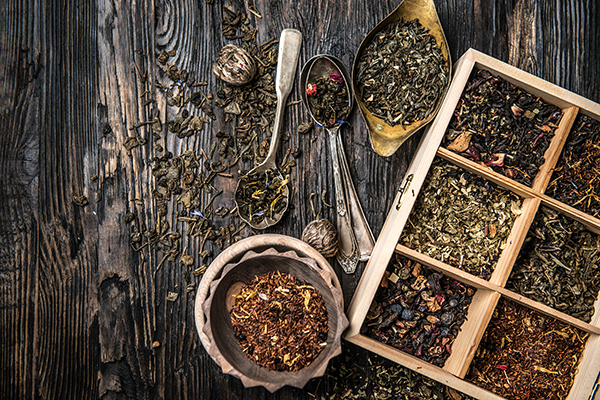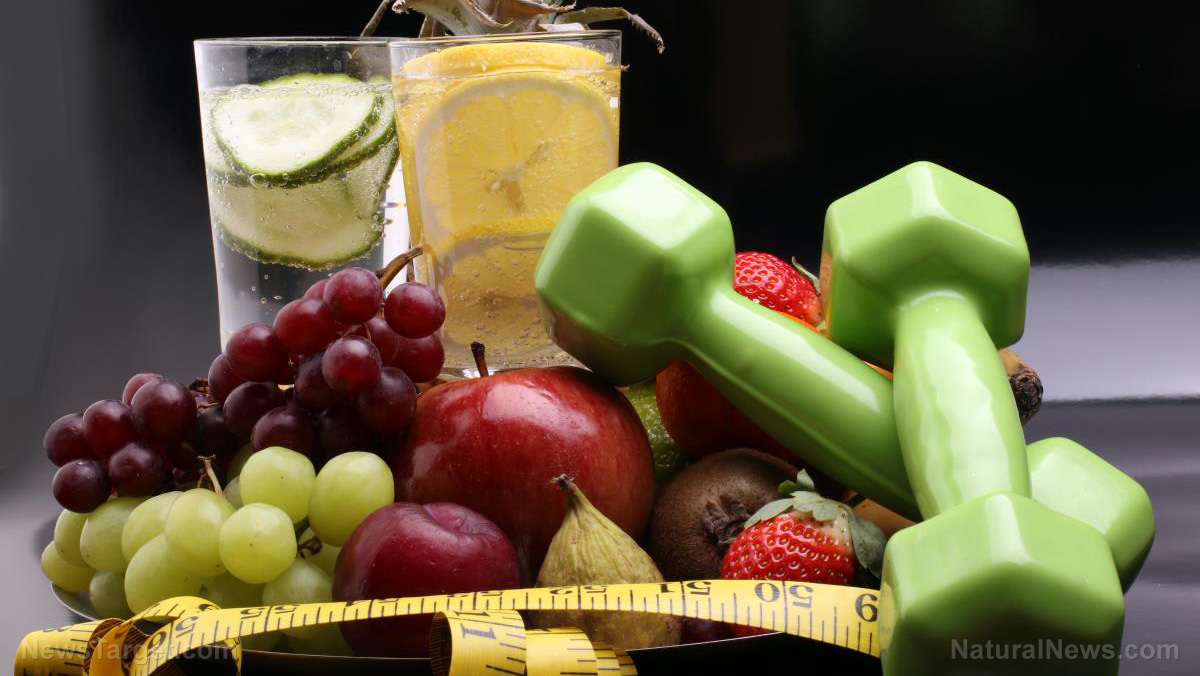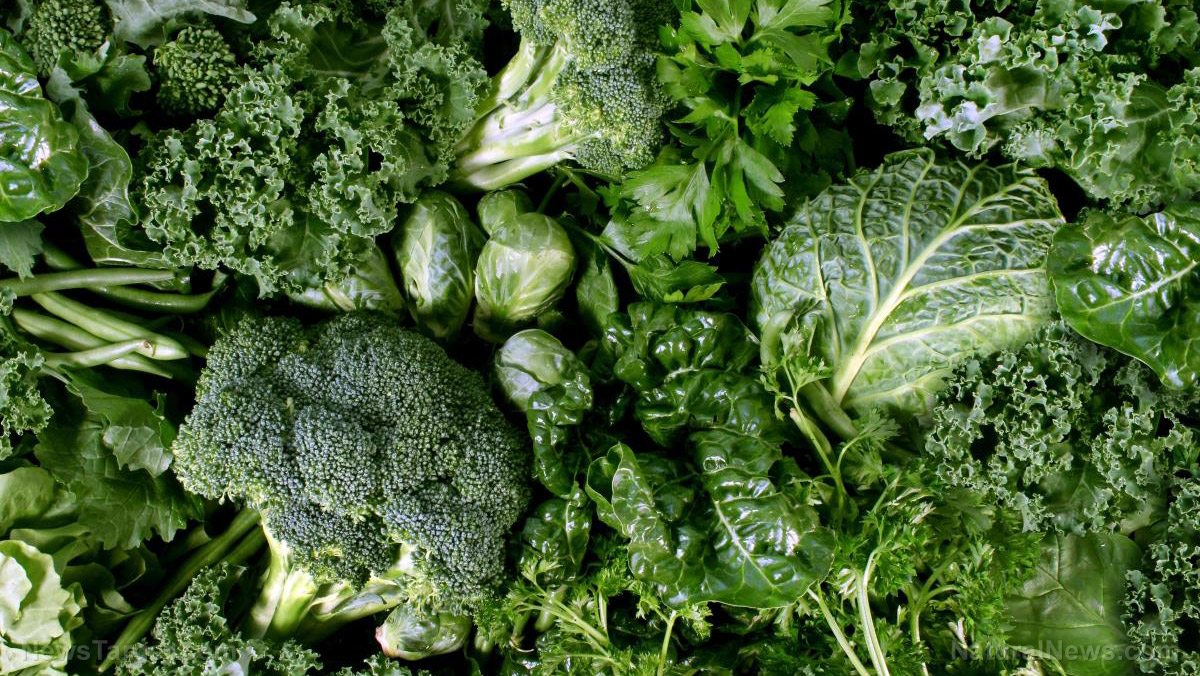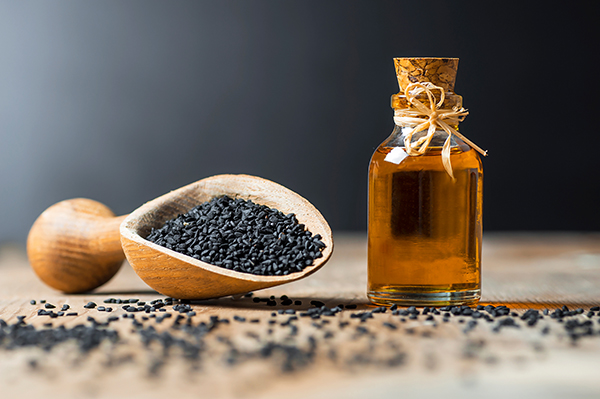Good habits for better health: How to support healthy digestion
12/13/2022 / By Zoey Sky
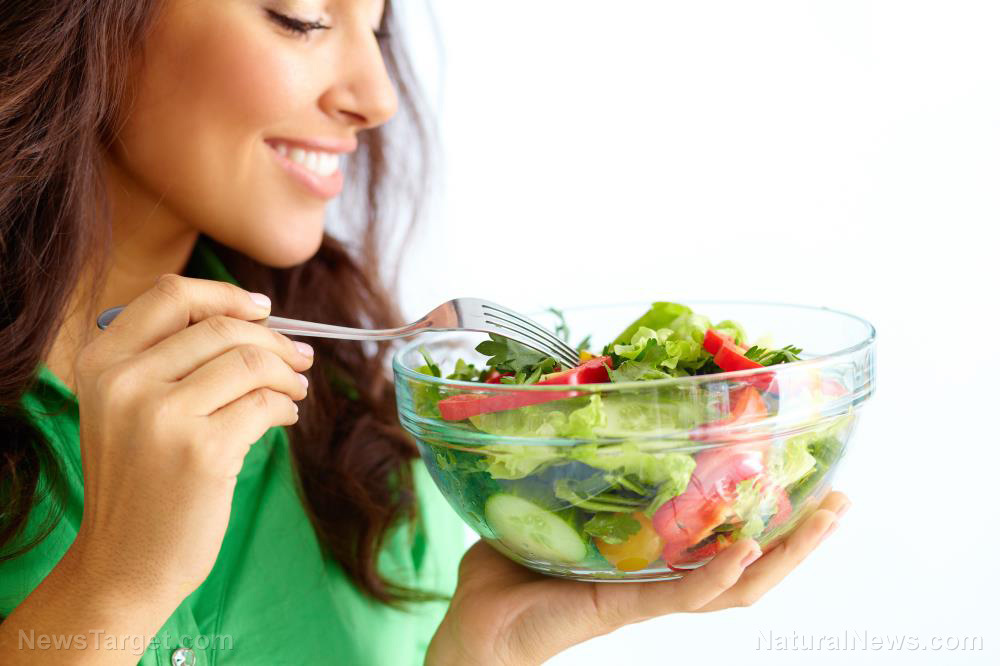
Having a healthy digestive system contributes to your overall well-being. Generally, your body takes between 10 hours to three days to move food through your entire digestive system.
However, if you’re feeling more tired than usual or are dealing with gastrointestinal (GI) issues, things have likely “slowed down.”
If you often experience symptoms like bloating, stomach issues and feeling fuller than usual after eating small meals, you may have issues with your gut health.
If that’s the case, here are lifestyle changes that can help boost your digestion:
Exercise regularly
Regular physical activity can help get things moving inside your digestive tract.
According to a study published in the journal Gut, daily moderate exercise, which includes activities like cycling and jogging, may help reduce gut transit time by as much as 30 percent.
If you prefer other activities or are older and want to try gentler workouts, here are some suggestions:
Go for a walk
Basic movement like walking can speed up your digestion by stimulating the muscles in your stomach and small intestine and helping move things along.
Walking any time of the day offers health benefits, but research suggests that going for a walk after eating may be better for you. Studies suggest that taking a 15-minute leisurely walk after eating can help move food through your stomach much faster.
Remember that this applies to a leisurely walk because going too hard can have the opposite effect. If you want to keep up the pace, walk briskly before eating instead.
Pilates
Pilates is a great choice if you prefer gentle workouts that are easier on the joints.
Pilates has some similarities with yoga, but the former is generally considered more focused on the anatomical movements and less on the spiritual element linked to yoga.
Pilates is focused on things that may benefit someone with a weaker body, like balance, flexibility, better posture and strength. These are all crucial for healthy aging, especially if you are over 50.
Pilates doesn’t include high-impact movements. Rather, the activity focuses on simple, controlled movements.
Swimming
Swimming is one of the best cardiovascular exercises that put less stress on the joints. The water you’re swimming in takes a lot of the weight, making it the perfect choice if you want to exercise but have bad knees and hips or other health issues.
And even if you’re a senior, swimming is a suitable activity for overall health and fitness. It can even help tone your body.
Tai chi
Tai chi is an ancient Chinese exercise that involves “slow, flowing movements.” This gentle martial art connects both your mind and body to perform these movements.
Tai chi is gentle, but it can still get you moving. Try this activity if you also want to improve core skills like balance, coordination and core strength.
Try a yoga flow
Many yoga poses, like dandasana, janu sirsasana and savasana can help speed up your digestion.
If you are new to yoga, start with a simple 10-minute sequence daily to physically support digestive processes and encourage regular elimination.
According to Lee Holmes, a ?registered yoga teacher and gut expert, yoga involves twisting postures that can help enhance your digestion and “encourage the liver and kidneys’ detoxification processes.” Additionally, yoga can help with bloating by increasing the amount of oxygen in the area.
Yoga can also get your digestion going by promoting relaxation. When you’re relaxed, the nervous system is in a parasympathetic state. This calming state, or “rest and digest” state, is important for proper digestion.
Eat foods that can boost your digestion
Certain foods like sugar or refined carbohydrates and fried food can interfere with proper digestion.
Fortunately, other healthy foods can get your digestion moving as it should. (Related: Improving digestion: 11 gut-friendly foods.)
Probiotic foods
Probiotic-rich foods like fermented foods are full of beneficial bacteria that can support your gut health.
A study published in the journal Applied and Environmental Microbiology found that yogurt, a popular probiotic food, helps speed up digestion. Yogurt can also support the gut-associated lymphoid tissue (GALT), the part of the immune system that lives in your gut.
If you can’t consume dairy, you can try other probiotic-rich foods like:
- Kefir
- Kimchi
- Miso
- Natto
- Pickled vegetables
- Sauerkraut
- Tempeh
Two tablespoons of raw sauerkraut contain at least one million colony-forming units (CFUs) of good bacteria, so try adding it to your favorite sandwiches.
Probiotic supplements
Aside from eating foods that can support your gut health, you can also take probiotic supplements to speed up your digestion.
Certain probiotic strains can support gut health and help maintain the healthy functions of the digestive system. These strains can also help reduce gas and bloating and improve total digestion time (or gut transit time), which is key to maintaining bowel regularity.
Fiber-rich foods
Fiber is also crucial for healthy digestion. There are two main types of dietary fiber: soluble and insoluble.
Both types are important for your well-being, but insoluble fiber plays a bigger role in your digestive health.
Your body is unable to digest insoluble fiber or absorb it into the bloodstream. But this type of fiber is crucial because it makes up the weight and bulk of stools in your body.
In other words, insoluble fiber acts as a “broom” thanks to its laxative effect that helps pull water into the stool and pushes things out.
You also need prebiotic fiber. This type of fiber comes from superfoods like:
Prebiotic fiber acts as a food source for probiotics, the beneficial bacteria in your gut.
Chewing is also crucial for your digestive health. If you eat in a rush and don’t chew your food properly, this will “cause more work for your stomach, which further impedes the digestive process down the line—it’s a negative ripple effect,” warned Dr. Frank Lipman, a functional medicine doctor.
Try to chew until your food is liquefied, or chew at least 20 to 30 times.
Stay hydrated
Consuming enough fluids is key to digestive health. If you don’t drink enough water, you may have a hard time with your bowels.
Keep in mind that you should avoid caffeinated drinks like coffee and sugary beverages like soda.
Stay hydrated by consuming these beneficial liquids:
Bone broth
Bone broth offers two benefits for your digestion: It helps keep your gut hydrated and it also contains gelatin and gut-supporting minerals, electrolytes and bioactives such as calcium, chondroitin sulfate, glucosamine, magnesium and phosphorus.
Herbal tea
Apart from plain water, you can try herbal teas.
Herbal teas can help with your gut health, and certain teas offer other benefits. For example, dandelion tea can help stimulate muscle contractions and help push food through the digestive system. Fennel and senna teas have a stronger laxative effect.
Water
If possible, drink water regularly and limit your intake of sugar and other harmful additives.
Water is important because it helps you digest your food and absorb nutrients. It also helps push the waste through and out of your digestive system. Experts recommend drinking nine cups of water a day for women and 12.5 cups for men.
It’s best to limit your intake of coffee because it’s not recommended for proper hydration. If you need a cup of joe every morning, drink an extra cup of water for every cup you consume.
Sluggish digestion may cause discomfort. If you are having gut issues, exercise regularly, eat more fermented and fiber-rich foods and stay hydrated to boost your digestion.
Watch the video below to learn how cubeb peppers can boost your digestive health.
This video is from the Health Ranger Store channel on Brighteon.com.
More related stories:
Study: Ultra-processed foods linked to increased risk of developing inflammatory bowel disease.
Vitamin C: An essential nutrient for good overall health.
5 Health benefits of hazelnuts, a powerhouse of nutrition.
Sources include:
Submit a correction >>
Tagged Under:
alternative medicine, digestion, digestive health, exercise, fitness, food cures, food is medicine, food science, health science, natural cures, natural health, natural medicine, nutrients, remedies, supplements
This article may contain statements that reflect the opinion of the author
RECENT NEWS & ARTICLES
COPYRIGHT © 2017 NATURAL MEDICINE NEWS






